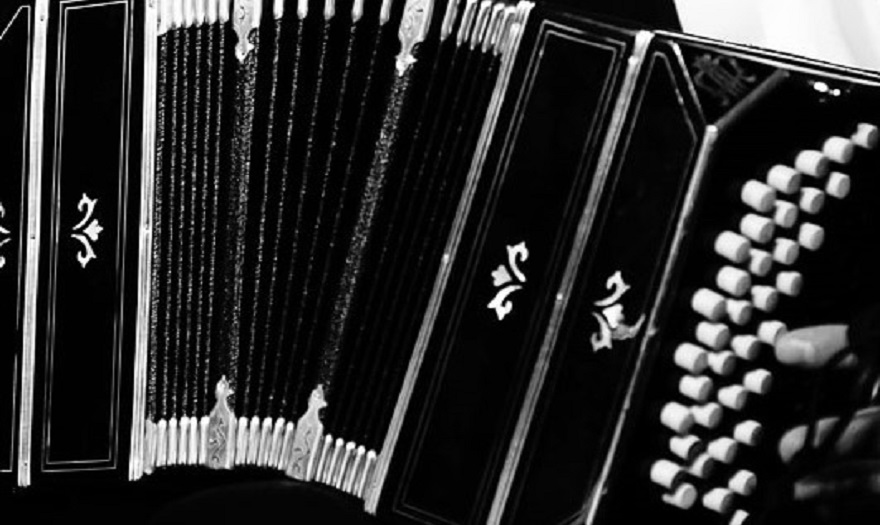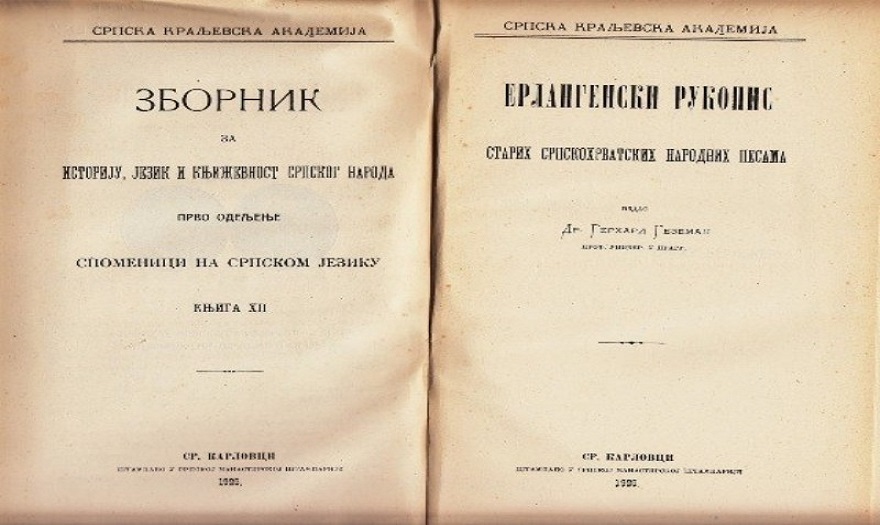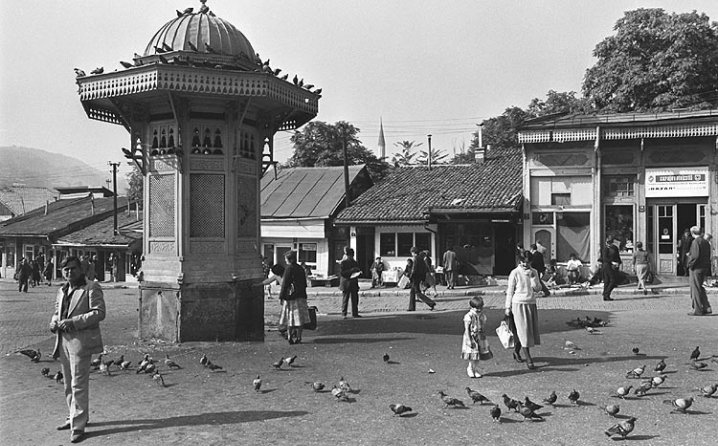Interesting facts
21. December 2017
21. December 2017
After the occupation of Bosnia and Herzegovina by Austria-Hungary in 1878, the sevdalinka, which was created in the course of the urbanization of the cities on the territory of Bosnia and Herzegovina under the Ottoman Empire in the 16th century, was not lost. However, its basis of life, in which it was able to develop and flourish, was considerably damaged. With the unfolding of Western culture in Bosnia and Herzegovina by the Habsburgs, the special forms of life and thus also the forms of society that were decisive for the development of the Sevdalinka gradually began to fade into the background.
Do you like it?
28. November 2019
28. November 2019
The Erlangen Manuscript is a collection of folk songs in Croatian, Serbian and Bosnian.
It contains 217 songs: ten belong to the folk poetry, the others are original folk songs.
The manuscript was discovered in 1913 in the library of the German city of Erlangen and given to Erich Bernecker, a professor of Slavic philology in Munich, with the instruction to determine the author and origin of the collection.
Bernecker forwarded the instructions to his younger colleague Gerhard Gesemann.
Bernecker forwarded the instructions to his younger colleague Gerhard Gesemann.
Do you like it?
29. November 2019
29. November 2019
Melancholic melodies and verses of a tragic and overwhelming love have brought feeling of “Sevdah” for generations of Bosnians-Herzegowinians, and other numerous lovers of Sevdalinka from the whole territory of the former Yugoslavia. However, the author of the song is none other than the German poet Heinrich Heine, one of the greatest writers of world history and European literature.
The original title of the song was "The Asra", which was translated into Bosnian by the writer Safvet-beg Bašagić.
Do you like it?
30. November 2019
30. November 2019
"KIŠA BI PALA, PASTI NE MOŽE" (The rain would fall, but it can't) is a well-known and enormously beautiful ballad. About the origin of this song the following story by Halid Varatanović from Sarajevo is recorded: "When Austria took over Bosnia, there were Imams and teachers of religion who taught the children and were not happy about the Austrian occupation, among them the Imam Kustura (they are from Novi Pazar, but settled here in Sarajevo a long time ago). There was him and his uncle - I knew the Hafis - and they were called Sokolović. Their nickname was Kustura, which became the official family name).
Do you like it?




